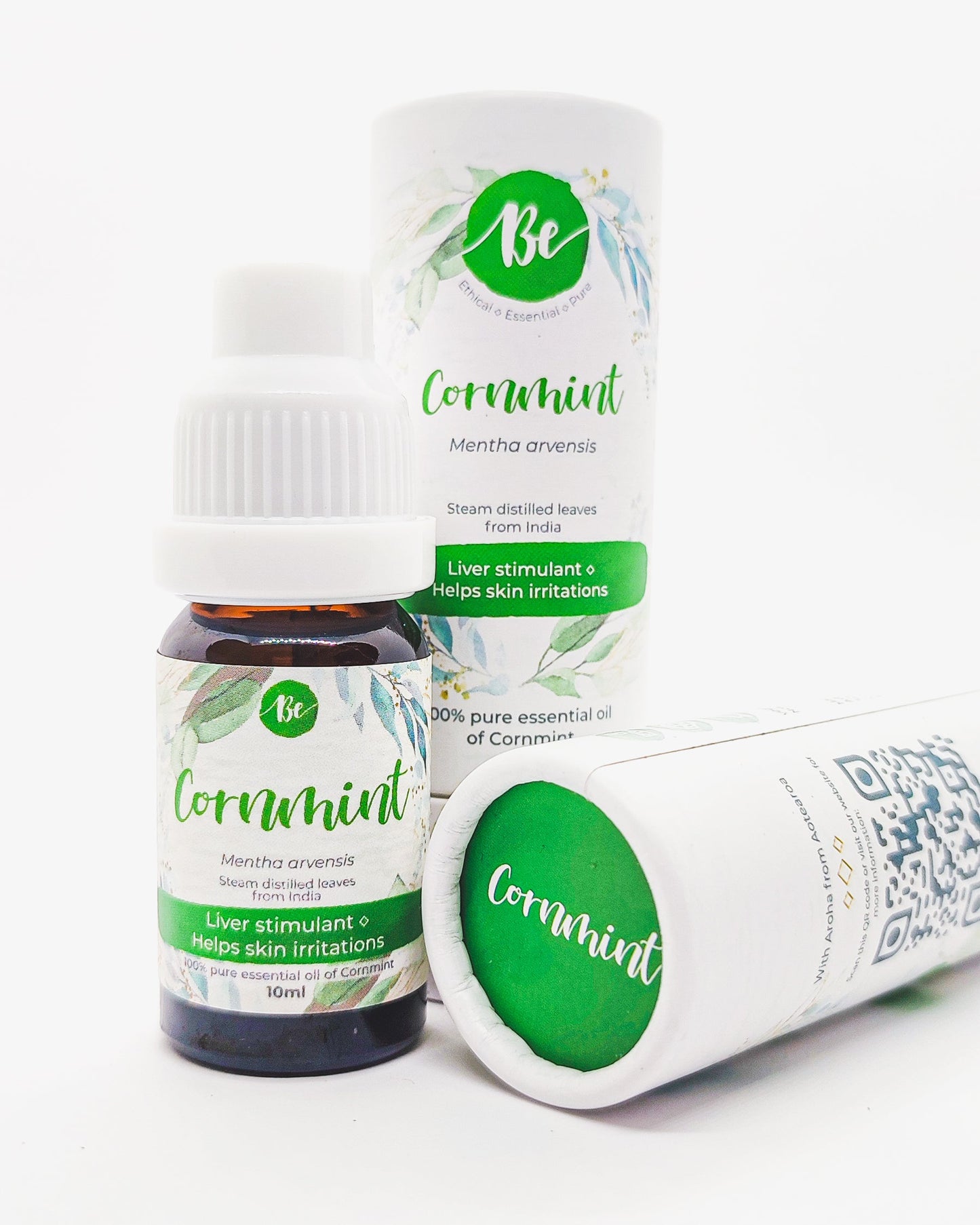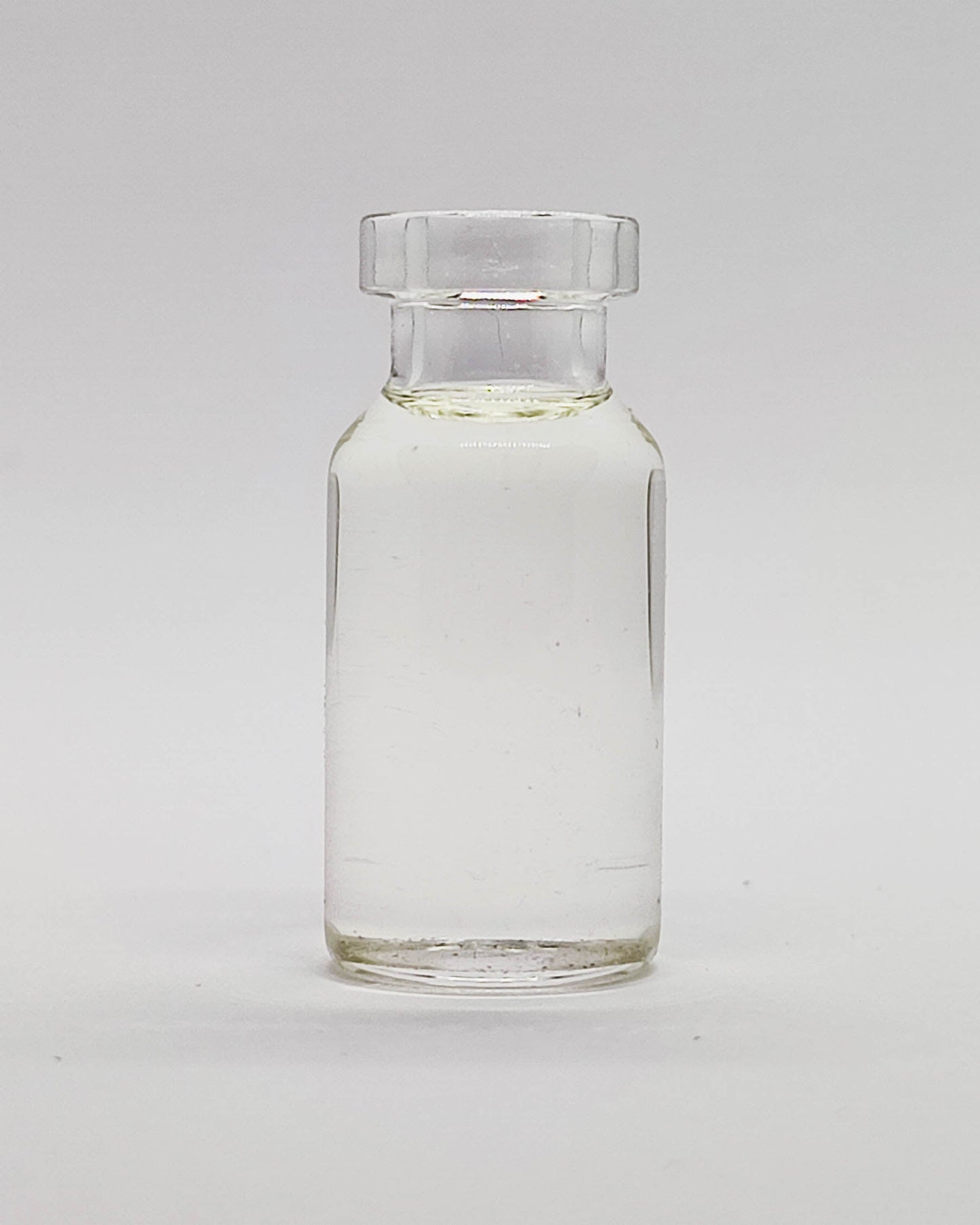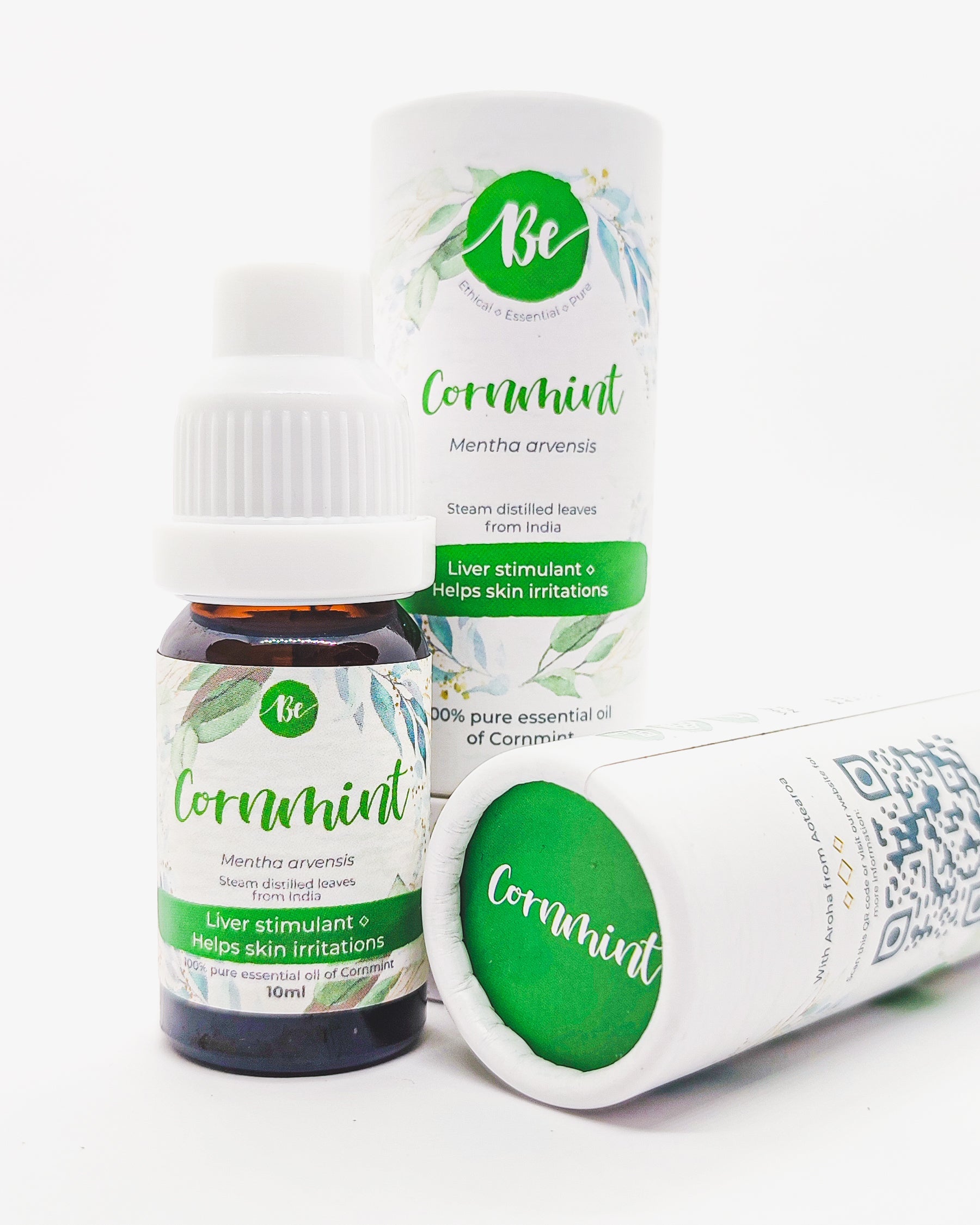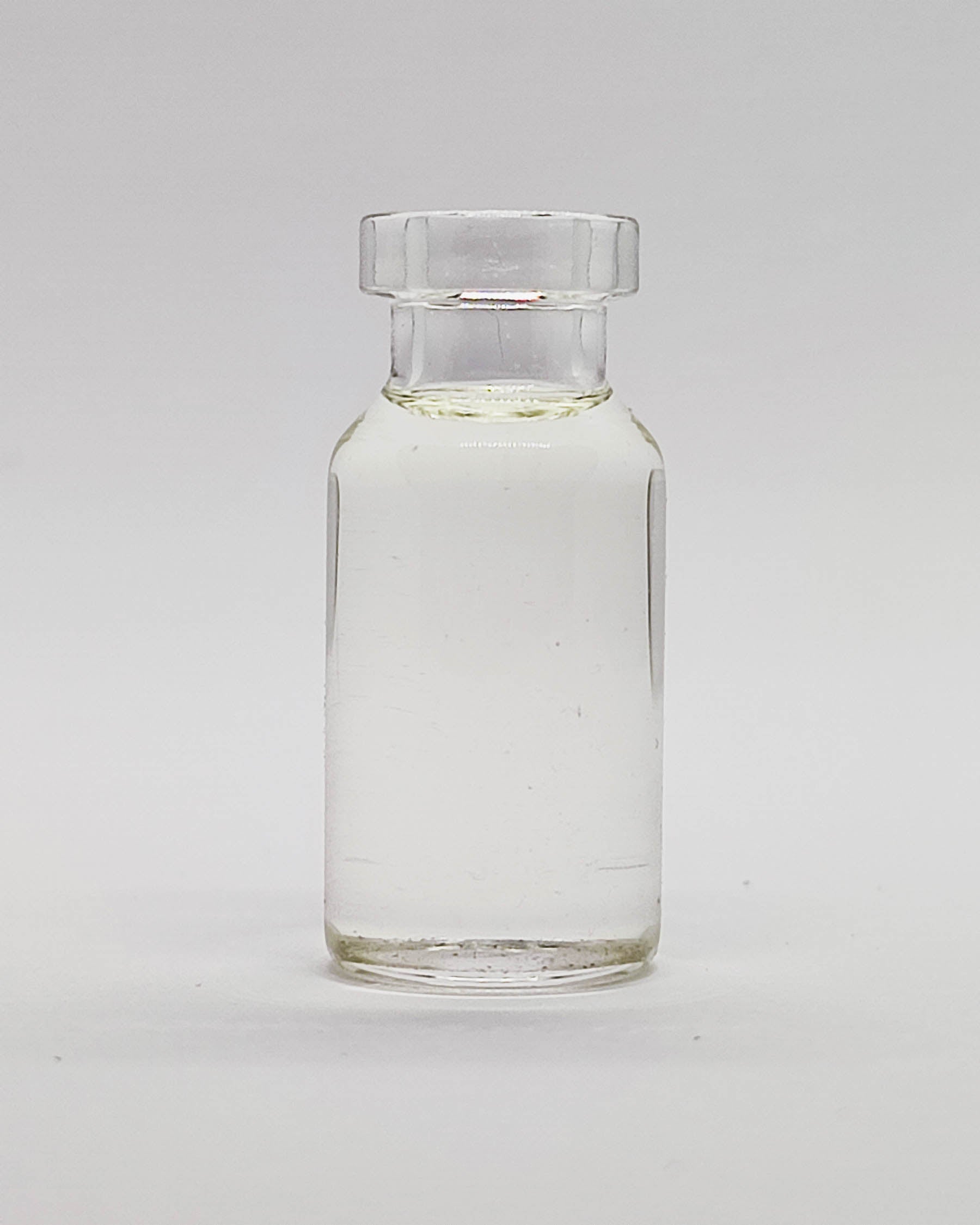Be Essential Oils
Cornmint Essential Oil 10ml
Couldn't load pickup availability
Product Details
Name: Cornmint
Scientific Name: Mentha arvensis
Method of extraction: Steam distillation
Part of plant: Leaves
Country of origin: India



Cornmint essential oil is derived from the leaves of the cornmint plant and has a strong, refreshing and pleasant aroma similar to peppermint. It is commonly used in aromatherapy to help promote mental clarity and alertness, as well as to help reduce feelings of motion sickness, nausea and headaches.
Cornmint essential oil also has natural antiseptic and anti-inflammatory properties and can be used topically to help soothe sore muscles and joints. Additionally, it can be added to natural cleaning products for its fresh and invigorating scent.
Peppermint, Cornmint or Spearmint?
Peppermint essential oil has a strong, minty, and cooling aroma with a slightly sweet undertone. Spearmint essential oil has a milder, sweeter, and more herbaceous aroma. Cornmint essential oil has a similar aroma to peppermint, but it is less intense and has a slightly sweeter aroma.
Collapsible content
Main Components
Menthol (44.50%), Menthone (23.96%)
Health
Cornmint essential oil, has properties similar to peppermint, but it has more herbal scent and a higher concentration of its main components, menthol and menthone. With a wide range of uses it is a great airway decongestant.
Digestive and gastric problems
In the Ebers papyrus, the oldest medicinal text found among the Egyptians, there is the quote that 'mint soothes the stomach'. It is a hepato-pancreatic stimulant, antispasmodic and cholagogue (promotes the excretion of bile), thus aid in stomach pain and digestion. It has been studied for its positive effects against irritable bowel syndrome [1], for its antimicrobial, anti-inflammatory, antioxidant, immunomodulatory and anesthetic characteristics. L-menthol, known as menthol, blocks calcium channels in smooth muscle and produces an antispasmodic effect on gastrointestinal muscles.
Analgesic
For muscle fatigue, joint pain and relaxation, Cornmintoil, even without association with other essential oils, already offers comfort.
In a study, it obtained positive results compared to the use of tylenol in tension headaches.
Respiratory problems
Useful in various respiratory problems: rhinitis, bronchitis, sinusitis, asthma and respiratory infections.
Other uses
Mint leaves have been used as a plaster to reduce rheumatism and osteoarthritis pain, as well as bruises in general. Diffused, it leaves a feeling of a purified and fresh environment. Due to the concentration of menthone it works by stimulating the body, in particular the nervous system. Menthol gives it analgesic and anti-infective properties and action.
Precautions
For internal use it is not recommended for children under 6 years old (risk of laryngeal spasm).
Despite being useful in morning sickness, its oral use is advisable only with medical prescription.
Not recommended for diabetic and epileptic people.
Always perform a maximum concentration of 20%, carrying out a test on the arm before using it and associated with a carrier oil.
Avoid direct use on the skin as it can cause a sensation of local anesthesia, heat and cold, and be irritating.
How to use
Always perform a maximum concentration of 20%, carrying out a test on the arm before using it and associated with a carrier oil. Avoid direct use on the skin as it can cause a sensation of local anesthesia, heat and cold, and be irritating.
References
[1] Alammar N, Wang L, Saberi B, et al. The impact of peppermint oil on the irritable bowel syndrome: a meta-analysis of the pooled clinical data. BMC Complement Altern Med. 2019;19(1):21. doi:10.1186/s12906-018-2409-0
[2] Gobel H, Fresenius J, Heinze A, Dworschak M, Soyka D. Effectiveness of Oleum menthae piperitae and paracetamol in therapy of headache of the tension type. Nervenarzt. 1996 Aug;67)8):672-81.



